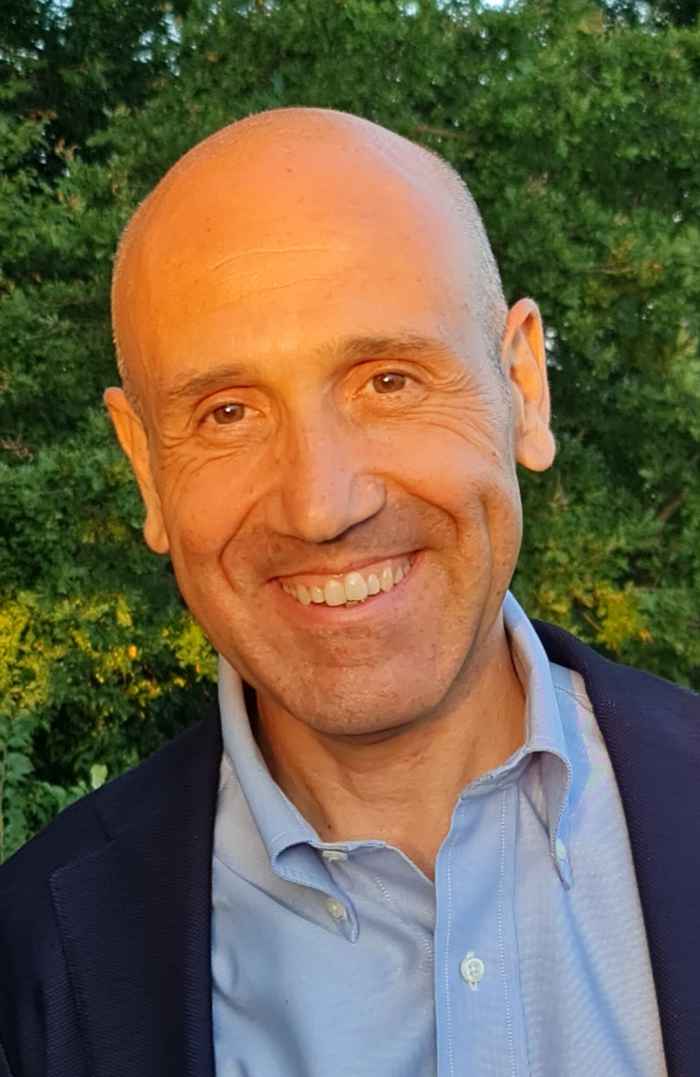Nurturing complexity thinking and advancing knowledge
Blog by Alumni Fellow Igor Branchi
7 May 2025

From February to April 2025, I had the privilege of being a fellow at IAS. This experience offered a rare opportunity to explore the complexity of mental health—and life sciences more broadly—through an interdisciplinary lens. Engaging with Denny Borsboom and other scholars from psychology, sociology, data science, and other fields enriched my perspective on complexity and the importance of integrating diverse methodologies to address multifaceted challenges. The collaborations initiated during this time laid the groundwork for current projects aimed at developing comprehensive models of mental health. Particularly impactful was my interaction with the Directors of the Centre for Urban Mental Health, Claudi Bockting, Reinout Weirs and Harm Krugers, who welcomed me into their initiatives. Their work offered a compelling demonstration of how principles from complexity science can be meaningfully applied to address real-world problems.
The nurturing intellectual environment at IAS fostered the conceptual refinement of my ideas about plasticity as a operationalizable, system-level property. During the fellowship, I explored whether connectivity patterns—whether between brain regions, behavioral components, or symptom networks—could serve as a measure of the individual’s capacity to change. This line of inquiry aims to establish novel and effective early markers of transitions between mental states, such as the transition from psychopathology to wellbeing. The goal was not merely to describe psychological phenomena, but to uncover the underlying principles that govern their emergence and evolution. By making complexity both visible and theoretically actionable, this approach aspires to contribute to the development of more precise, personalized, and preventive models of mental health care.
Last but not least, the process leading to good science and a genuine understanding of complexity is an emergent property arising from the convergence of multiple essential elements, none of which is sufficient on its own. Huub Dijstelbloem and Julia Hoffmann, who lead and manage the IAS, created the right blend of all of these: outstanding scientific quality, a culture of openness, and a welcoming social environment. This spirit was evident not only in the interactions with fellow scientists but also in the daily support and enthusiasm of the extraordinary IAS office, who play a crucial role in the success of this unique endeavor.